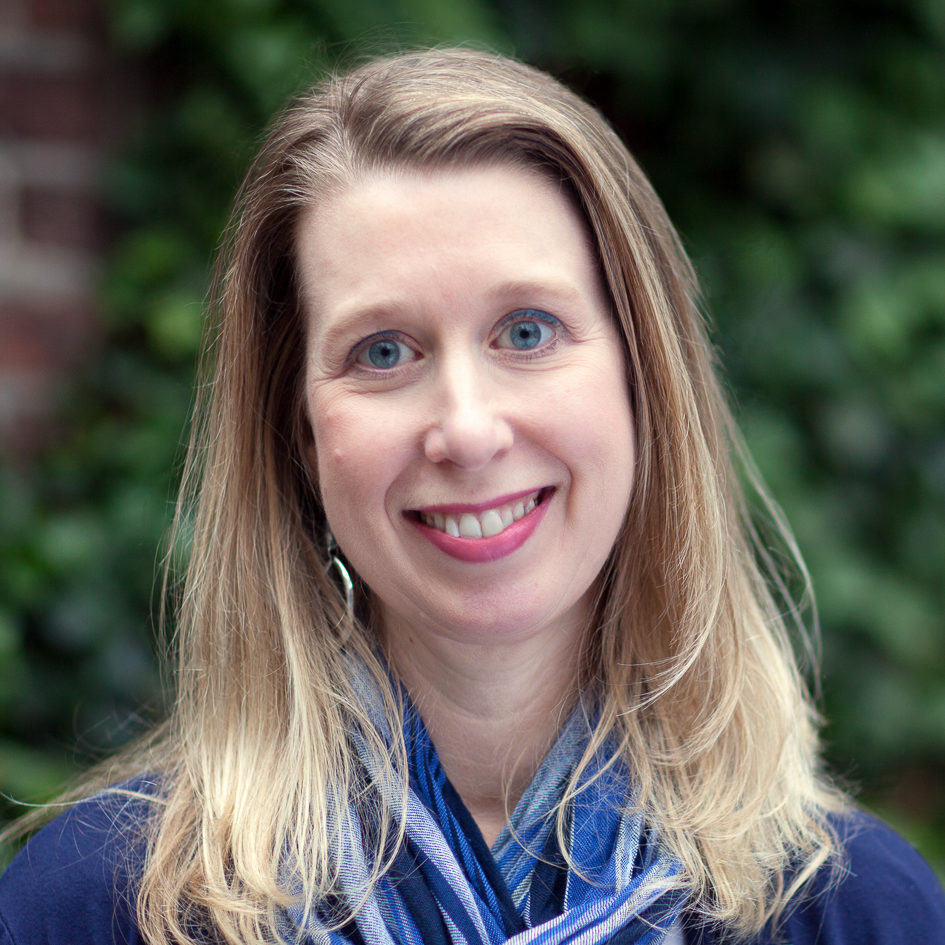In working with a church recently, I discovered that this question was the gamechanger for one church leader:
What decisions are you making based on the people who are not already in your church?
And the answer for that church leader was…largely, we’re not.
So…on what are you basing your church’s decisions?
The loudest voices?
The power groups in your church system?
The relentless ongoing needs to keep the programs running?
The constant infrastructure demands of an aging building?
What decisions are you making based on the people who are not already in your church?
Tweet this.
Having a Hard Time With the Nones and Dones?
If you are consistently making program decisions and financial decisions based primarily on the internal needs of the existing congregation, you should not be surprised that you having a hard time connecting with the Nones and Dones in the community around you.
The beautiful thing about Fresh Expressions is that we’re not asking you to ignore the internal needs of the existing church community. We celebrate that your church can be a place where people are discipled well, where glorious sacred music can inspire hearts, and where God’s Word can be proclaimed. But we also believe that there is space for your church to take seriously those who are not in your midst.
Celebrate your church, but also take seriously those who aren't in your midst.
Tweet this.
Six ways to Plan for People Outside Your Church
So, what would that look like?
- Have a team that is getting out into the larger community, having intentional conversations with people outside of your church. This puts you in a position to hear the needs and longings of the larger community. Make sure this group has a talkback opportunity with church leadership so that what they are learning and hearing has an opportunity to intersect with the decision-makers of your church.
- Study the parables of the kingdom together, and begin to discover how often religious people were missing the priorities of the kingdom of God. Have some discussions with your decision makers about what Jesus may be teaching you through these parables, and what they might mean for your church’s priorities.
- Have the leadership board ask this question regularly—what does the community need?—instead of always focusing on “what will grow our church?” (And by the way, asking the question in a board room is a good start, but it is not the same as asking the question out in the community and listening to what non-church people have to say about what is needed locally. We can’t just assume that we know what our communities need without listening to voices beyond our own assumptions.)
- Evaluate your existing ministries and priorities. Do they make sense for the people and time and place you find yourselves in now?
- Pay attention to people in your congregation who could be uniquely situated to form community and explore discipleship with people or networks that they can naturally engage. A former addict who has a heart for others who struggle with addiction. A young athlete who can easily jump into the local pick-up basketball circuit. Grandparents who see the opportunity to create “extended family” with young families who are far from their own extended families. These are people with passionate faith, natural connectors, who could potentially start fresh expressions of church with the people and needs of the community in mind.
- Pray to the Lord of the Harvest to help you to see the mission fields all around you, and to raise up laborers willing to go into those fields. (See Luke 10:2)
Look…sometimes your leadership board needs to tend to the aging HVAC system or plan meaningful worship gatherings. It would be irresponsible to ignore those responsibilities.
But if you find that every meeting deals with internally focused conversations, it’s time to turn your eyes and conversations outward…to get a glimpse of what God is up to beyond your doors, and figure out what it might look like to join in.


